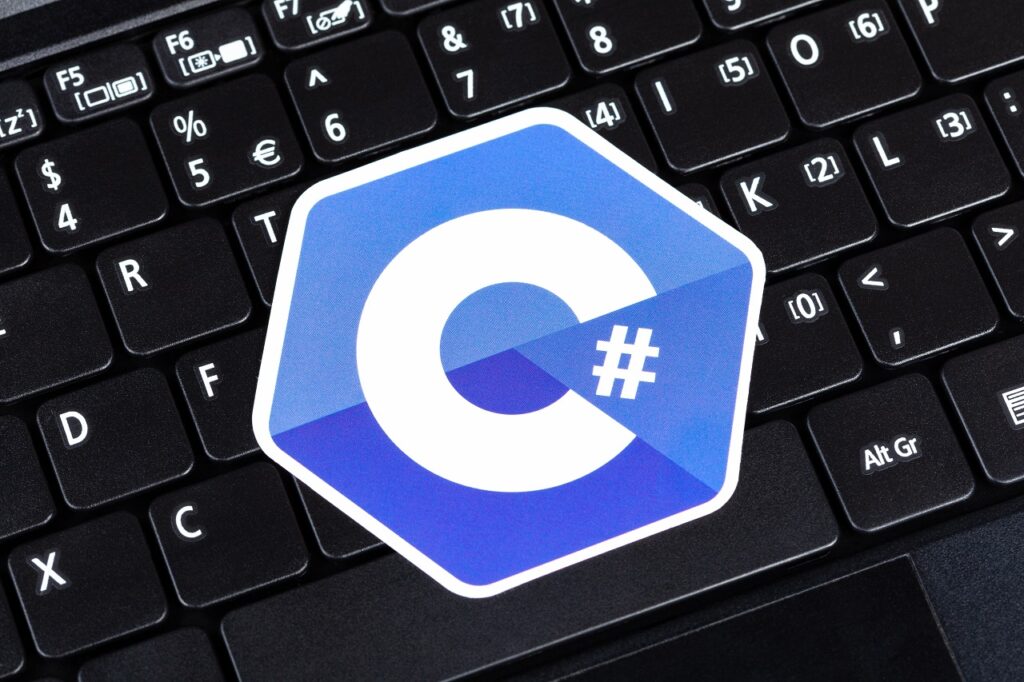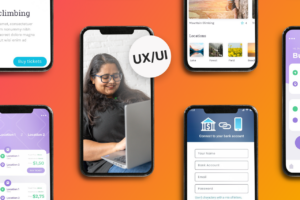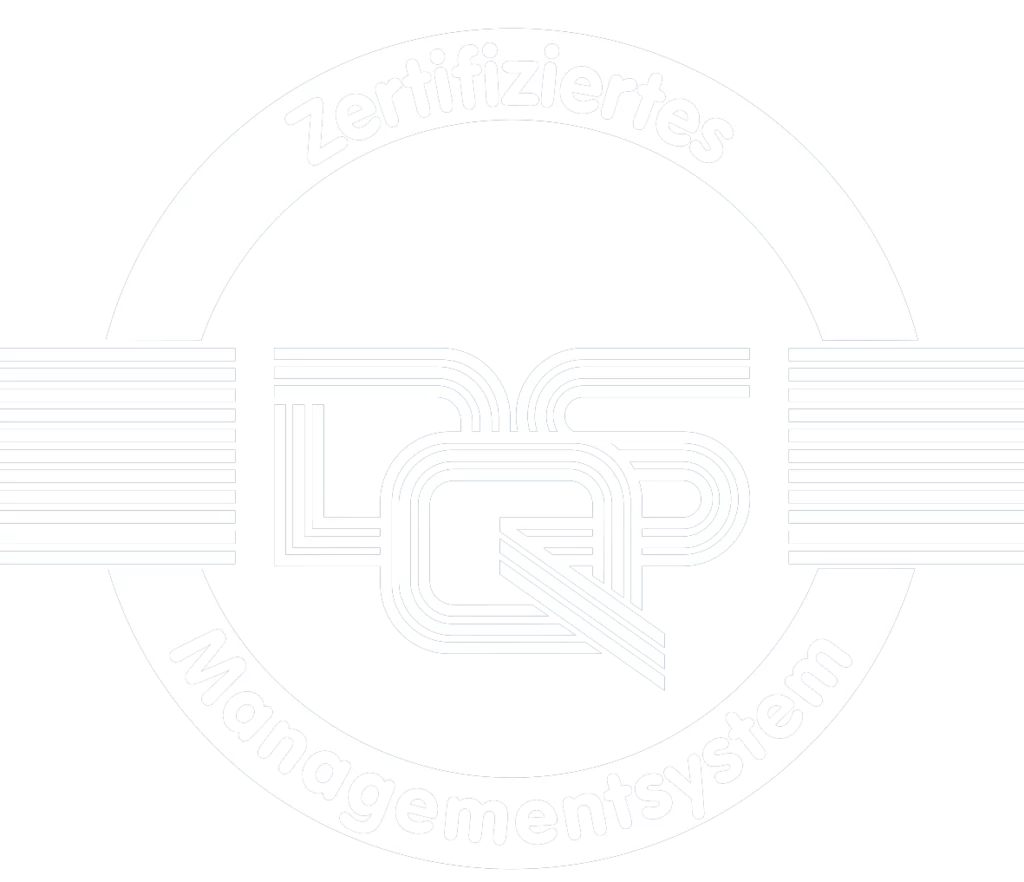For many of us, work is an economic necessity. For Shreya Billore, the necessity was psychological: “If I don’t work, I feel like I’m not even there,” she tells me, early on in our interview. “After I moved to Germany and couldn’t find a job, I ended up in total depression.”
When Shreya came to Europe from western India – at the time she lived in Pune, but was originally born in Pathrad – she boasted a technical background that should have made it easy to find work in a new country.
She held a degree in Engineering, Electronics and Communication, and in her first four years after university she’d put her skills to use for the telecommunications giant Vodafone. Later she worked as a Software Engineer in the banking sector, for Barclays and then for HSBC. Still in her early twenties, she boasted an already impressive curriculum.
But life, that incorrigible force of unpredictability and caprice, decided that Shreya’s rising star would abruptly swing in another direction. In mid-2020 she got married, and her husband – also an engineer, but working in the automotive industry – was developing his career in Koblenz, Germany. Shreya was reluctant to leave India, the country where she had built her life and her work, but she resolved to just try it and do her best.

Alas, the move proved to be initially catastrophic for her career. She sought positions for which she was qualified, in Data Engineering, but every company asked for fluency in German (she took classes in the language, of course, but one can only learn so quickly).
“It really didn’t help that I was in such a small place, and that I knew no one. In a new context you need someone to guide you – someone to show you how to write and format your CV for the environment, where to apply, when and how. My husband was supportive, but he worked in a different field – he couldn’t really help.”
Both to improve her odds and as a way of occupying her time, Shreya made the decision to update her technical knowledge so that it would align with the local labour market. But here too she faced obstacles.
“I tried to sign up for a Masters program at Koblenz University, but I was turned down,” she says with a shrug, seemingly not bitter about it. “They said they would not consider people without a background in specific programming languages. The weird thing is that I did have that background, just not all of it from academia.
“They wanted C, and I’d done that in my degree. They wanted Java, and I’d learned about that – but through work, rather than university. Admittedly I had never touched C++. Maybe that’s what tipped the balance against me, I don’t know.”
She turned to the online course provider Coursera, tried to update her knowledge about Data Science by herself. “Independent learning worked… but far too slowly. Doing this sort of thing alone is really difficult.”

It was in this period, as she explored (with growing fatigue) her options for training, that a small ad for a coding bootcamp started flashing from a corner of her browser. Coding bootcamps were an option she hadn’t tried yet – but also one she knew nothing about. She decided to give their admissions manager a call.
“That first conversation turned out to be interesting. The school offered the option to study Data Science, but I told them categorically that I was looking for the most direct route to find a job. They listened to my requests, assessed my situation, and in the end suggested that I go with the Web Development bootcamp instead. I hadn’t considered that avenue, but it seemed like an interesting change of specialisations.
“I did a bit of background research, and the results were promising. There were so many testimonials by people saying they’d found a job through a coding bootcamp, and not just because of the certification these provided. What seemed to make a difference were the professional networks these schools were already plugged into, their internal services to assist you when job-hunting, the way they could help streamline you towards employment. That was exactly what I had been missing until then.”
And so, in July of 2021, Shreya signed up for the WBS CODING SCHOOL Part-Time Web & App Development bootcamp. The part-time version would take longer overall – 26 weeks against the 15 of the full-time course – but it would have allowed her to keep studying German during the day, something she had not given up on.

“The bootcamp turned out to be quite easy at first,” she says, looking back on the experience. “My technical background gave me a bit of a boost. When we got into JavaScript and React though – that was when things got tough. But that’s also when the fun really started!”
Shreya’s original idea was to make the most of the bootcamp’s career services, but she ended up getting ahead of her own plan. The first job applications she sent out were in October – a full 3 months before her program was due to be over.
Part of the reason she started so early was that she expected the process might be slow… except her first job offer came within a month!
“There really are tons and tons of jobs in this domain. Now that I was better networked with the industry and I was doing something that recruiters were familiar with, my background in IT finally worked to my advantage. I stood out even among bootcamp graduates, and finding a job went from an impossible slog to something remarkably easy. In fact, I am still passively receiving offers today, without even sending out applications.”
And so, after a while of being dimmed, Shreya’s star is bright and rising once again – and still has a long time to shine.
“The road to get here was certainly not smooth. There were plenty of bumps, and I came up against plenty of walls. But I’m in a whole new field of technology now, and I want to see how far I can go. Maybe one day I will ‘settle down’ in terms of my career. But that day is most certainly not today.”
Shreya Billore graduated from the WBS CODING SCHOOL Part-Time Web & App Development bootcamp in January 2022, and is currently employed as Software Developer at Decadis.






